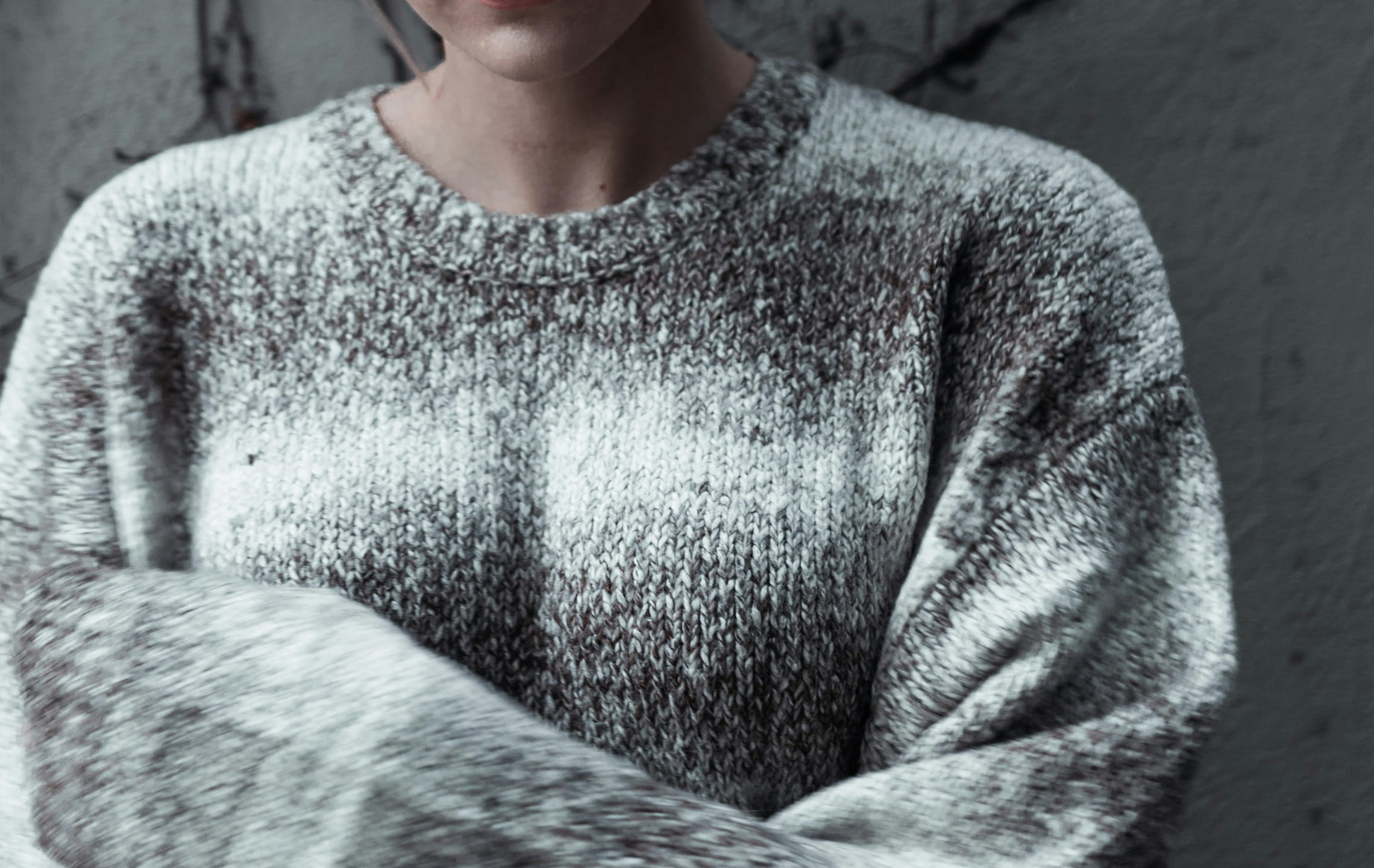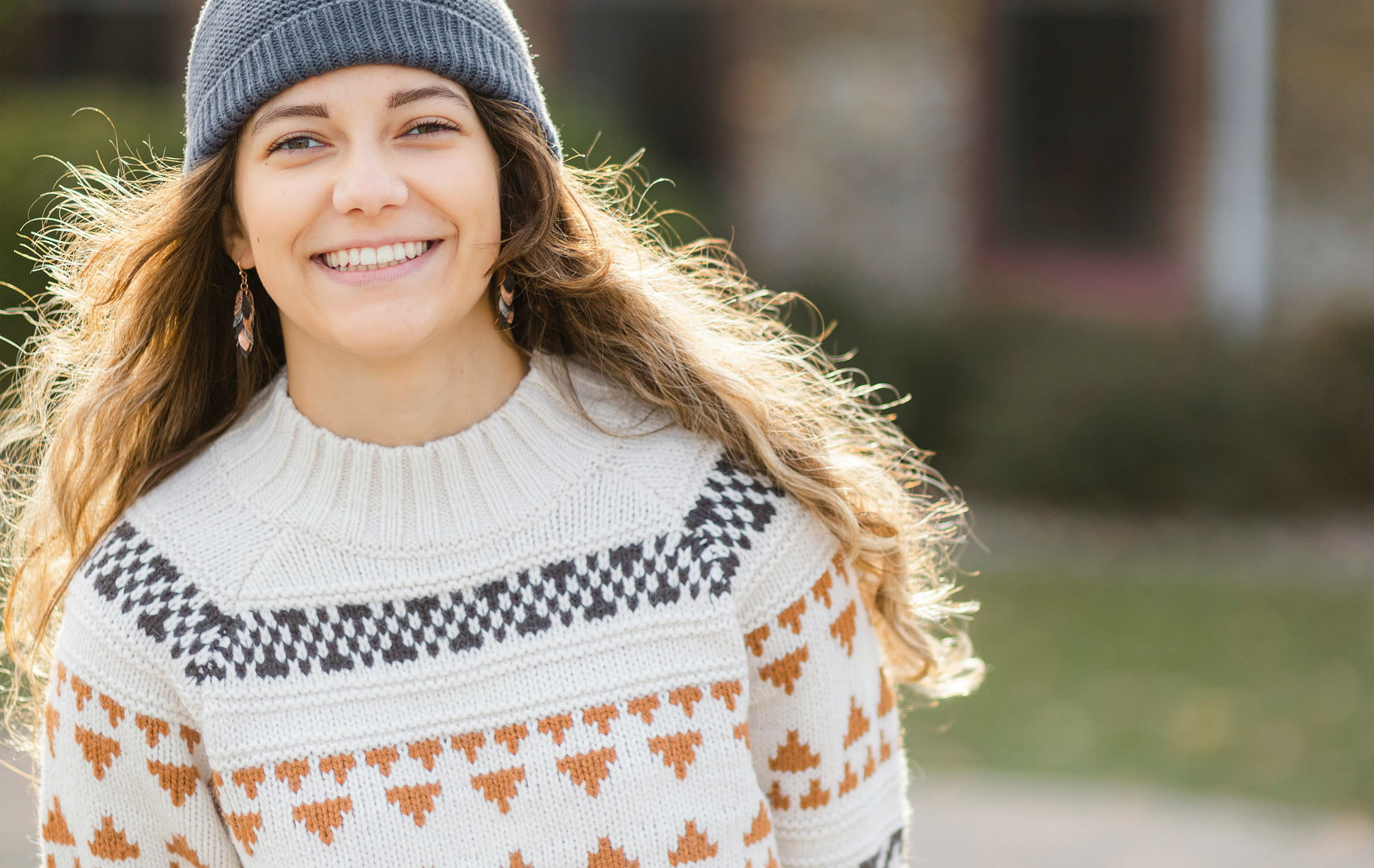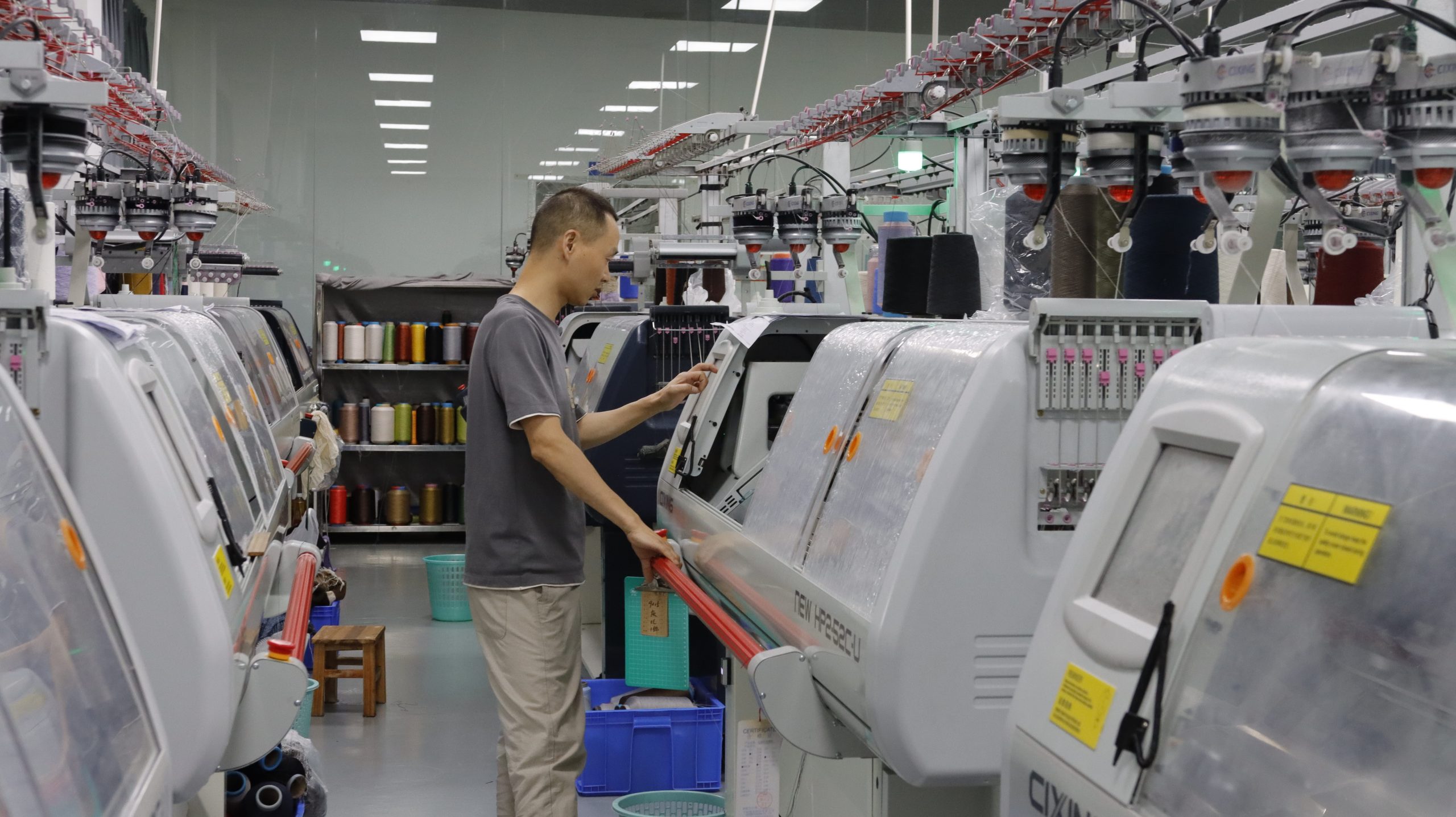Fibre de polyester, également appelée polyester
est une fibre synthétique fabriquée à partir de produits pétrochimiques.
Son histoire remonte à 1941, date à laquelle il a été développé pour la première fois dans un laboratoire par des scientifiques britanniques.
La composition chimique de la fibre de polyester.
Il s’agit principalement de polyéthylène téréphtalate, souvent appelé PET.
C'est un composé polymérisé, formé par une réaction de polycondensation entre l'acide benzène dicarboxylique et l'éthylène glycol.
Ce matériau se caractérise par une résistance élevée, une résistance à l'abrasion, une résistance aux températures élevées, une résistance chimique et ne se déforme pas facilement.
La fibre de polyester a une résistance élevée et une résistance à l'abrasion, et est facile à nettoyer et à sécher rapidement, elle est donc largement utilisée pour fabriquer des vêtements, des textiles de maison et des fournitures industrielles. En raison de sa résistance aux températures élevées et aux produits chimiques, la fibre de polyester est également souvent utilisée pour fabriquer des produits qui nécessitent durabilité et résistance aux intempéries. Il a un large éventail d'applications et peut être utilisé pour répondre à une variété de besoins en matériaux fibreux dans différents domaines.
Durabilité des fibres de polyester.
Bien que la fibre de polyester soit fabriquée à partir de produits pétrochimiques, elle peut également être recyclée.
Les déchets de fibres de polyester réduisent le gaspillage de ressources et la charge sur l'environnement.
Ainsi, la durabilité de la fibre de polyester est l’une des raisons pour lesquelles elle fait l’objet de tant d’attention.
Avantages
La fibre de polyester est très résistante, résistante à l'abrasion, infroissable, difficile à déformer, présente un certain degré de résistance chimique, facile à nettoyer et sèche rapidement.
Il rend les vêtements et les textiles de maison plus durables et plus faciles à entretenir et à sécher.
Inconvénients
La fibre de polyester présente des problèmes tels qu'une mauvaise respirabilité, une mauvaise absorption de l'humidité et une génération facile d'électricité statique.
Peut causer une gêne en cas de port ou d'utilisation prolongée.
Moins élastiques et moins résistantes que les fibres naturelles, ce qui peut donner lieu à des vêtements moins flatteurs.
Utilisations fonctionnelles
- Haute résistance et résistance à l'abrasion
Les comtés de fibres de polyester ont une résistance élevée et une résistance à l'abrasion :
La haute résistance et la résistance à l’abrasion des fibres de polyester les rendent idéales pour la confection de vêtements et de textiles de maison durables. Les vêtements d'usage quotidien, tels que les vêtements de sport, les vestes, les pantalons et les draps, sont souvent fabriqués à partir de fibres de polyester pour garantir leur durabilité et leur résistance à l'usure quotidienne et aux lavages fréquents.
- Résistance aux températures élevées et aux produits chimiques
La résistance à haute température de la fibre de polyester lui permet de rester stable dans des environnements à haute température et ne se déforme pas ou ne rétrécit pas facilement. Cela en fait un matériau idéal pour la fabrication de produits extérieurs et industriels, car il est capable de maintenir son intégrité structurelle dans des conditions environnementales difficiles. De plus, sa résistance aux produits chimiques le rend précieux pour les applications en milieu industriel.
- Nettoyage facile et séchage rapide
La fibre de polyester a une surface lisse qui n'attire pas facilement la saleté et est facile à nettoyer.
Ses propriétés de séchage rapide facilitent également le séchage des vêtements, réduisant ainsi le temps de séchage.
- Rétention de la couleur
La rétention de couleur de la fibre de polyester est bonne, elle peut conserver des couleurs vives et vives pendant longtemps et ne se décolore pas facilement, elle convient donc à la confection de vêtements et d'ameublement aux couleurs vives.
- Performances personnalisables
La fibre de polyester a de fortes performances personnalisables, en fonction de la nécessité d'ajuster les caractéristiques de la fibre, telles que la résistance, l'élasticité et la douceur, afin de s'adapter aux besoins de fabrication des différents produits.

 English
English Deutsch
Deutsch Français
Français Italiano
Italiano Español
Español Русский
Русский Polski
Polski Nederlands
Nederlands Svenska
Svenska

